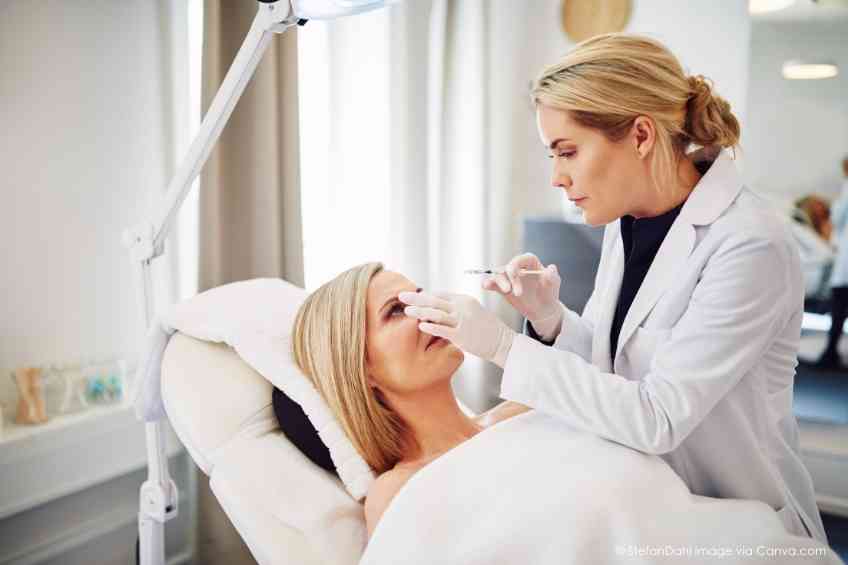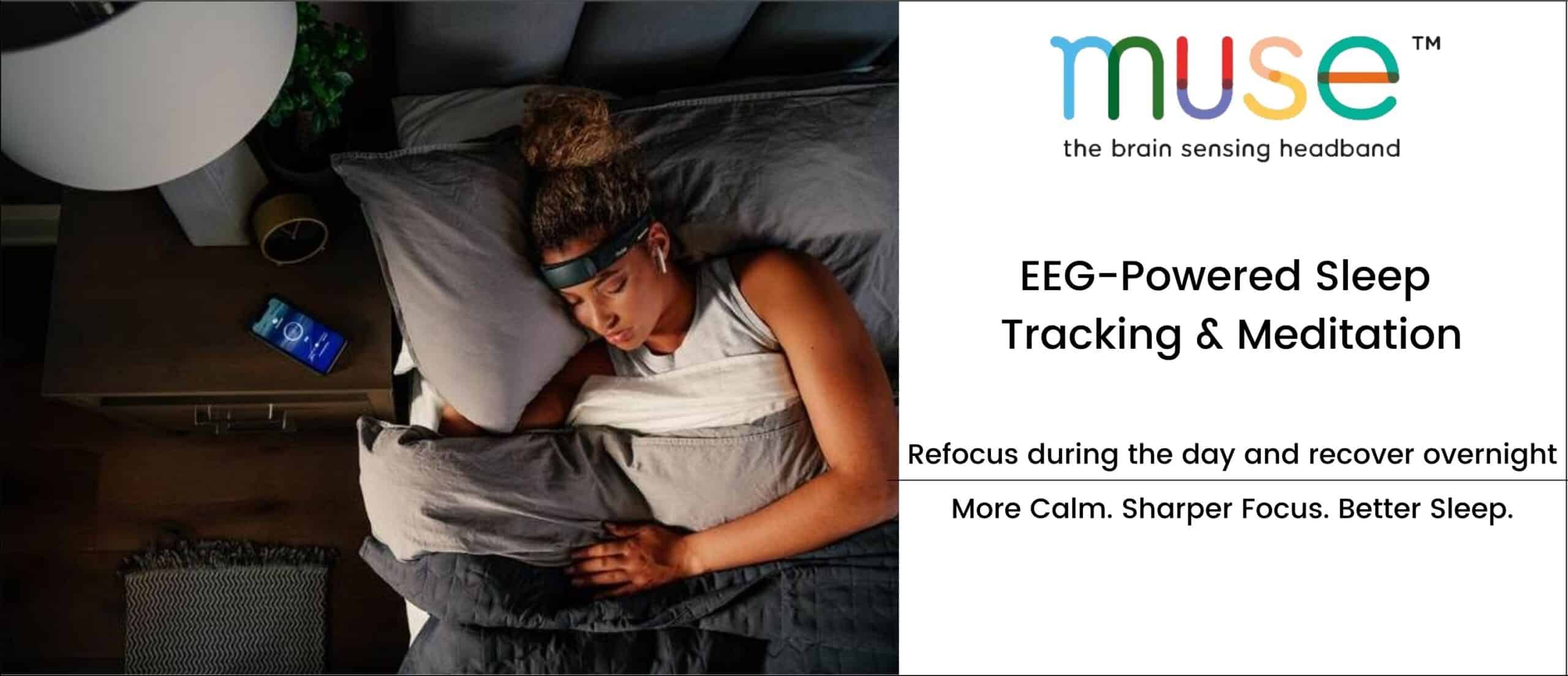By Jessica Scarpati –
They say beauty is only skin deep, but what if something dangerous awaits beneath the surface? That is the question hanging over the millions of Americans who receive cosmetic Botox treatments following an urgent warning from U.S. health officials about a counterfeit version of the popular anti-wrinkle injection that has popped up around the country.
The phony substance has harmed at least 22 people, half of whom were hospitalized as a result with such symptoms as blurry vision, drooping eyelids, difficulty swallowing, slurred speech and strained breathing. Just how badly Botox is finding its way into people is still unclear since it is a regulated prescription drug that is required to be administered by a medical professional.
Known for its ability to erase signs of aging in the face, cosmetic Botox is made from a toxin produced by the bacteria Clostridium botulinum―the same one that causes botulism, a neurological disease that attacks nerve cells, leading to paralysis, respiratory failure and even death. Legitimate Botox contains only a tiny amount of the toxin in each vial. Also, legal Botox undergoes a special purification process to make it safe for medical or cosmetic use.
Counterfeit Botox, on the other hand, can contain just about anything ― and that is serious cause for concern, according to experts.
“It could be anything from saline solution to tap water to a super potent concentration of botulinum toxin A, which could kill you,” said George Karavetsos, a former director of the Food and Drug Administration’s Office of Criminal Investigations, in an interview with The New York Times.
Botox is a prescription medication in the United States. Every state, in fact, makes its own rules about who can legally administer it. These regulations usually mean doctors, dentists and sometimes advanced practice providers, such as physician assistants and nurse practitioners, can administer Botox. Some states also allow registered nurses to handle the drug, while the most permissive, such as Louisiana, permits licensed practical nurses to inject it. Regardless of location, the bottom line is that only designated licensed healthcare providers can apply the prescription.
Reputable medical professionals purchase prescription medications directly from manufacturers or licensed wholesalers. So, a trip to the dermatologist’s office to tighten up some forehead wrinkles should not be a cause for alarm. Neither should a visit to clinics and hospitals because they also follow this practice to maximize safety and avoid sketchy suppliers.
So, where are you at risk of getting fake Botox injections? Authorities are still investigating, but an important clue emerged in all the cases that the CDC has identified to date: Everyone who was sickened by counterfeit Botox received it from unlicensed or untrained individuals or in non-healthcare settings, such as homes and spas.
That detail has prompted health officials to issue stern warnings to the public about not cutting corners when going under the needle.
“Don’t just pick your person off a TikTok video or from a Groupon or from something that you just searched on Google once,” Seemal Desai, MD, president of the American Academy of Dermatology, told NPR. “Do a little bit more research.”
Similarly, New York City Health Commissioner Ashwin Vasan, MD, PhD, reminded the public that beauticians, aestheticians and other non-medical professionals should not be administering Botox injections, nor is it safe to receive them from friends or at parties.
“Though it may seem simple, botulinum toxin injections are a medical procedure,” Vasan said. “A price that is too good to be true, or if a service provider does not explain the risks and side effects of the procedure, are clear warning signs that the products or services may not be legitimate and could pose a risk to your health.”
While it remains unconfirmed exactly how illegitimate providers are getting their hands on Botox of any kind, real or fake, one potential source is online pharmacies ― particularly overseas operations that lack regulation or oversight.
In its reporting, The New York Times recounted a conversation with a New York City plastic surgeon: “He regularly receives emails advertising unauthorized or off-brand versions from abroad. One such message advertised ‘Korean-made’ Botox — ‘We are ready to offer the best price,’ the email read, with a WhatsApp number to contact the seller.”
Scot Bradley Glasberg, MD, president of The Plastic Surgery Foundation, explained in an interview with Time magazine that unlicensed and untrained individuals are more likely to prioritize price over safety.
“Because the cost of drugs has gone up, there’s a natural tendency to try to get them cheaper, and the way to get them cheaper is to get them from abroad,” Glasberg said.
How can consumers protect themselves? A few ways, according to the Centers for Disease Control and Prevention and the U.S. Food and Drug Administration (FDA). The most effective strategy is also the simplest: Don’t get Botox injections from anyone other than a licensed and trained medical professional. If you insist on going off the books, though, the CDC advises consumers to ask their provider about the source of their product. The FDA is helping out by setting up a robust webpage with photos and tips for spotting counterfeits.













